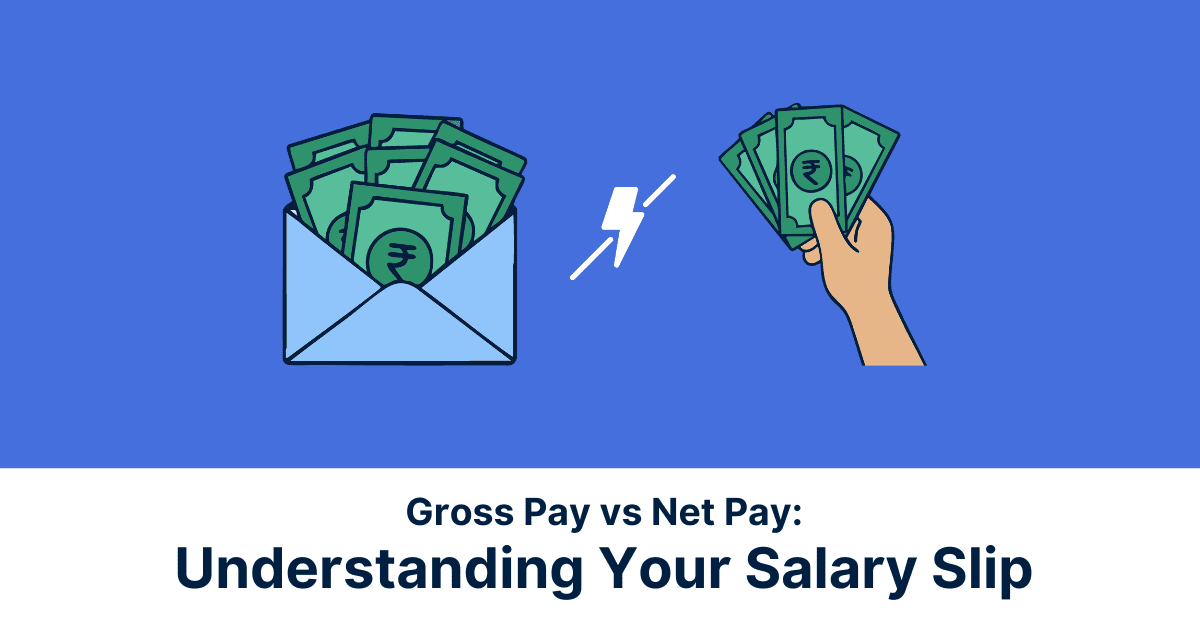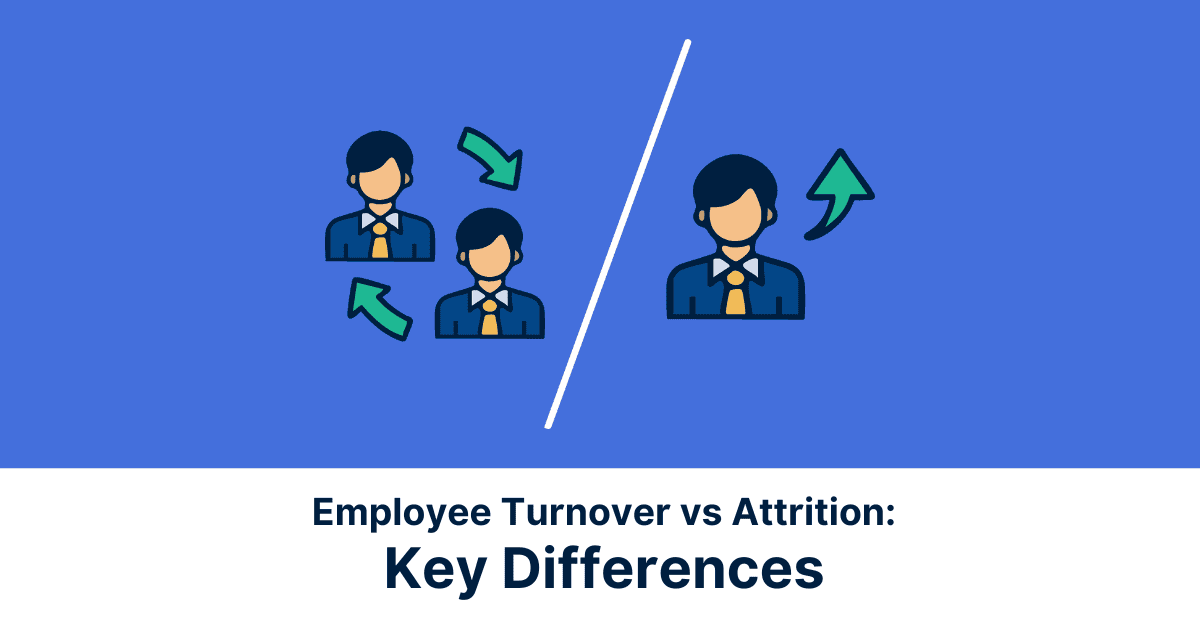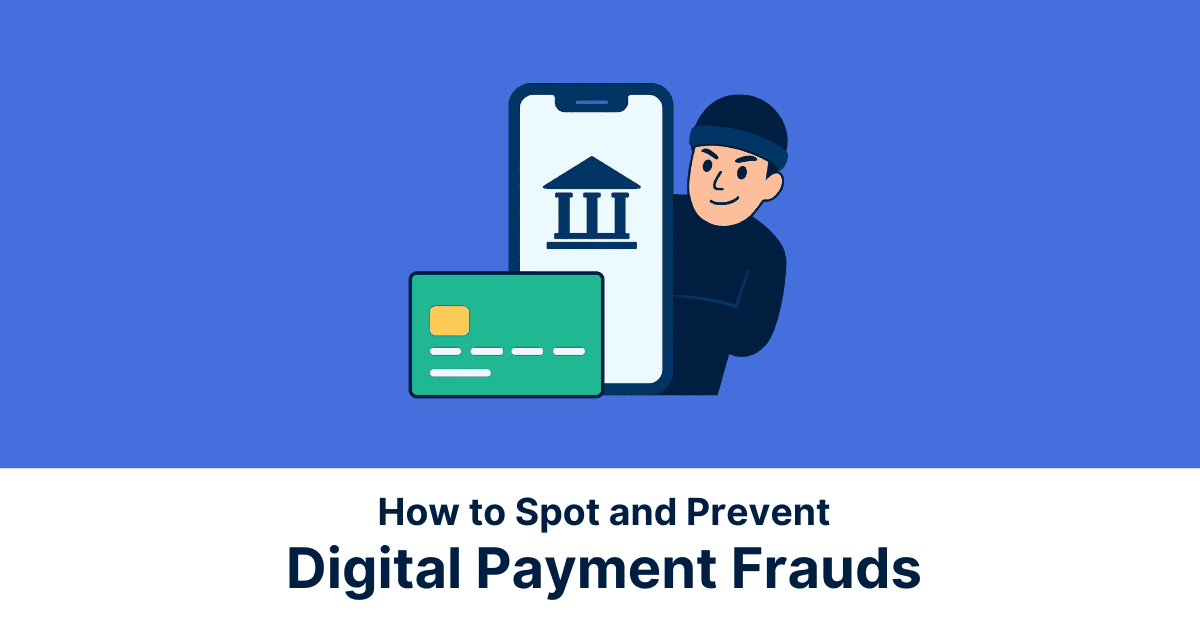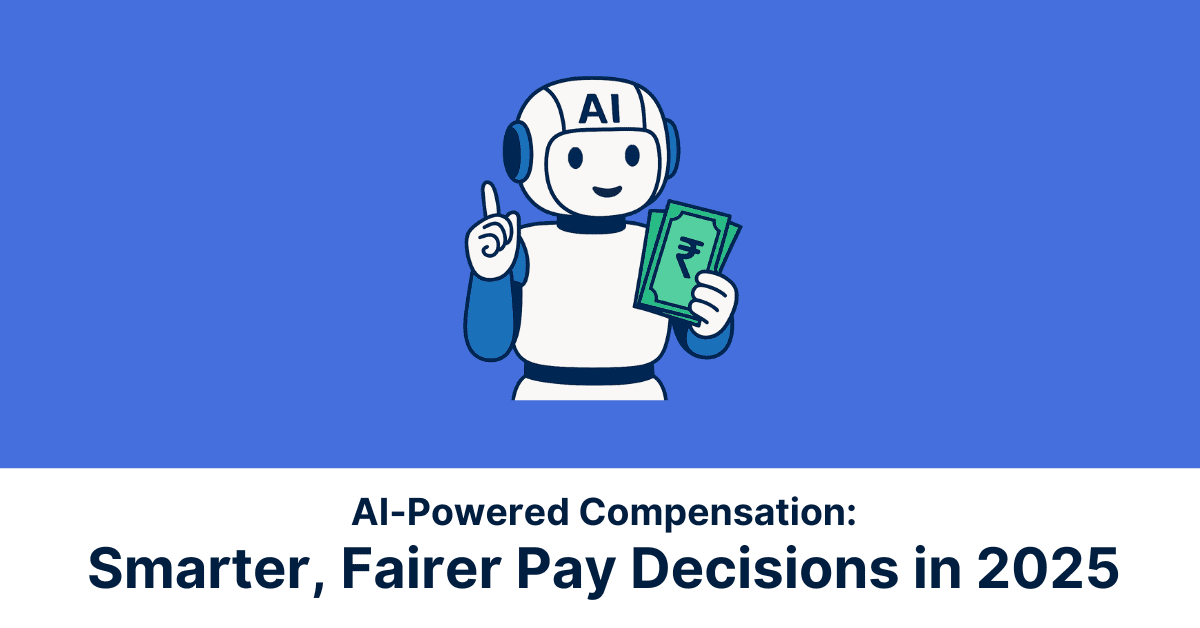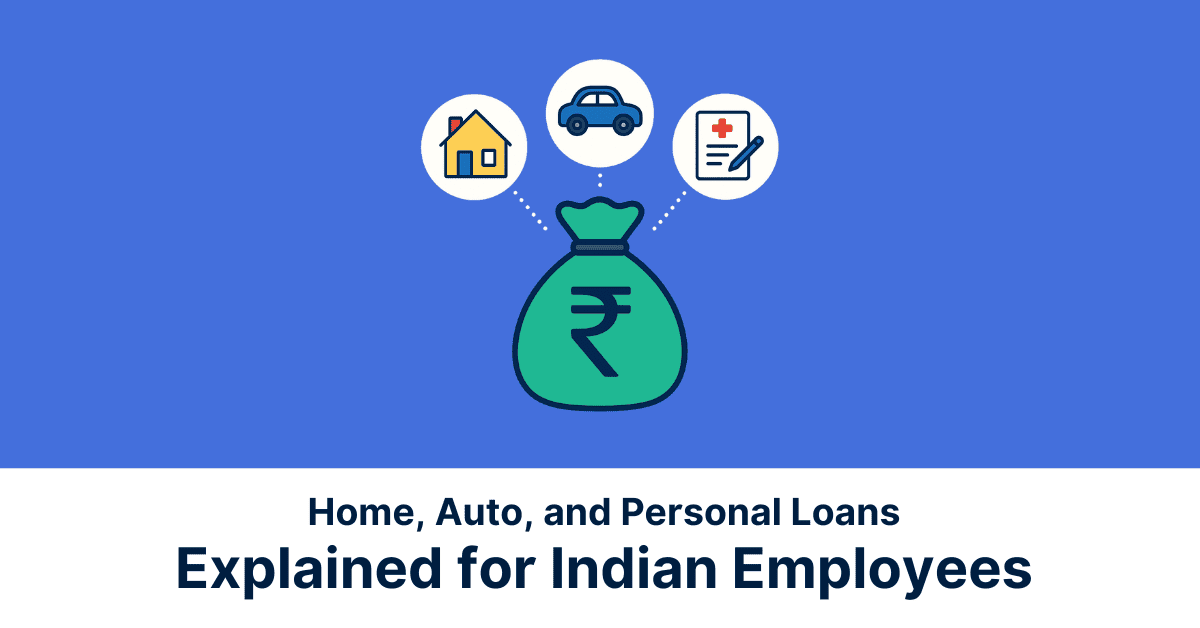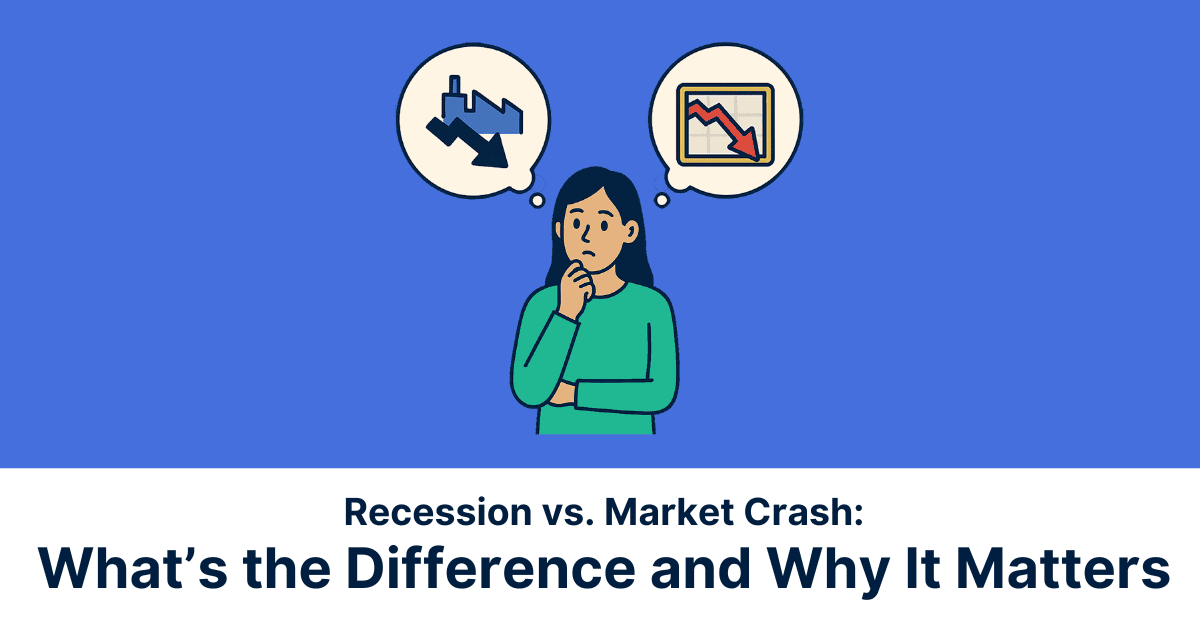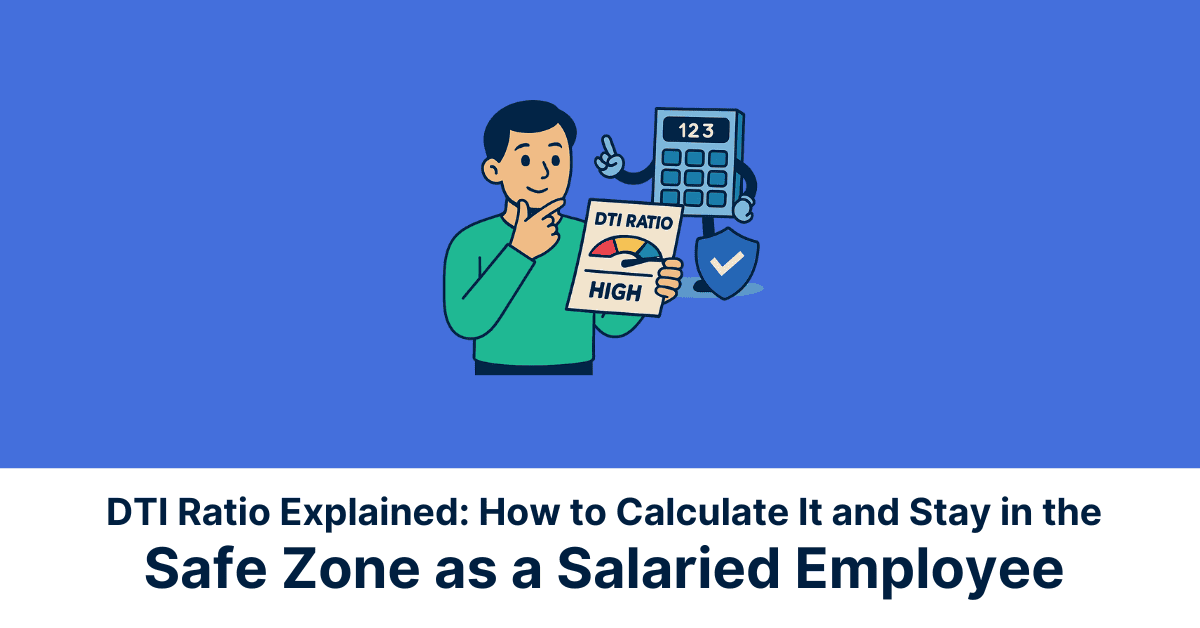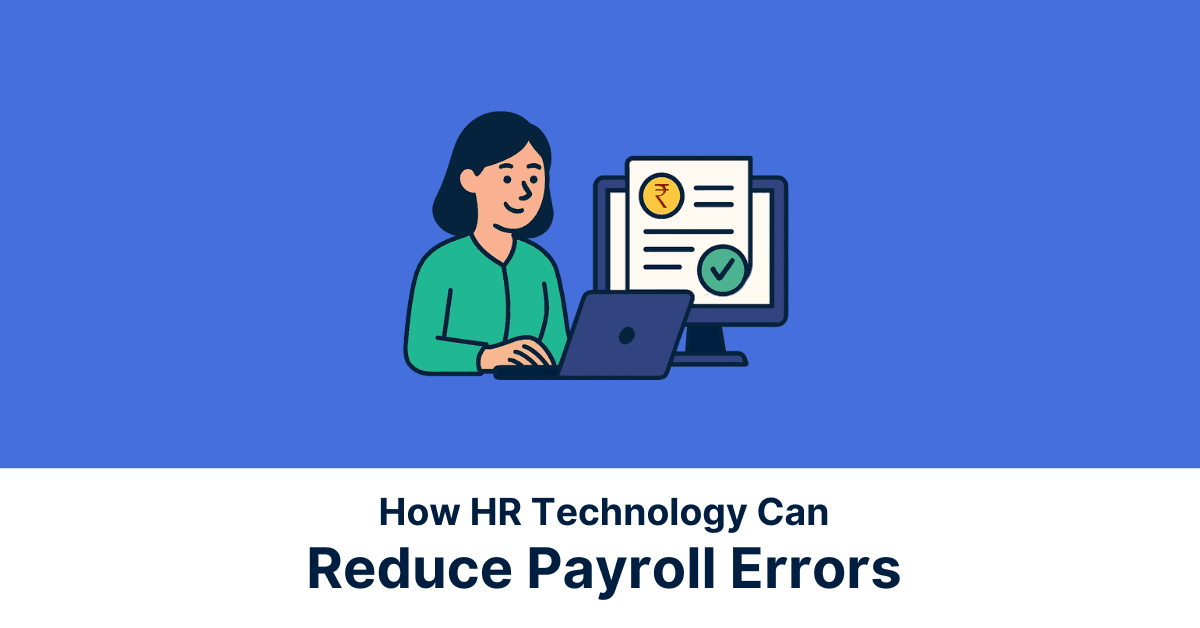Earned Wage Access (EWA) or On-demand Salary programs, which allow employees to access a portion of their accrued wages before payday, have gained popularity. However, implementing these programs without strict compliance can lead to legal issues and erode trust. Compliance is essential to ensure that EWA programs operate within the boundaries of applicable laws and regulations, protecting both employees’ rights and the organisation’s reputation. By adhering to legal frameworks, organisations can avoid penalties, maintain trust with employees, and foster a positive work environment.
Key Compliance Considerations in EWA Implementation
Clear policies and thorough documentation are essential in EWA implementation to ensure legal compliance and transparency. Well-defined guidelines on wage access, data handling, and employee rights help prevent disputes and ensure accountability, providing a structured framework that both employers and employees can rely on for clarity and trust.
Regulatory Frameworks for EWA in India
Earned Wage Access (EWA) in India is shaped by the Payment of Wages Act, of 1936, and the Factories Act, of 1948. The Payment of Wages Act regulates the timely disbursement of wages, ensuring that employees are paid on time, typically within seven days of the wage period’s end. EWA, which allows employees to access earned wages before the payday, aligns with this principle, offering early access without violating wage payment timelines.
Under the Factories Act, of 1948, employee welfare and rights, including wage protection, are emphasised. Though this Act doesn’t explicitly address EWA, its provisions ensure that employers provide fair and timely remuneration, which complements EWA services by improving liquidity for workers.
While no specific EWA law exists, compliance with these broader regulations is crucial, ensuring that wage advances do not affect the final wage payment schedule or result in unauthorised deductions. Emerging fintech platforms must align with these laws to safeguard workers’ rights.
In India, there is an informal guideline followed by several organisations that limits salary advances to a maximum of 40% of the accrued salary. While this rule is not specifically codified under a central statute like the Payment of Wages Act, 1936, or the Factories Act, 1948, it is often observed as part of internal corporate policies or state-level employment regulations.The rationale behind this practice is to ensure that employees retain a significant portion of their salary for essential living expenses, reducing the risk of financial hardship due to over-borrowing. This policy also aligns with the broader regulatory principle that wage deductions, including advances, should not jeopardise the worker’s minimum financial security.
Data Reporting and Record-Keeping
Data reporting and record-keeping are needed for compliance with Indian labour laws. Proper documentation helps employers prove that they abide by various statutory regulations such as the Payment of Wages Act, 1936, Factories Act, 1948, Minimum Wages Act, 1948, and other laws related to employee wages, working conditions, and benefits. Maintaining detailed wage records helps track salary disbursements and deductions, ensuring that employees are paid accurately and on time. This also aids in addressing wage disputes and audits by labour authorities. The Factories Act, 1948, for instance, mandates maintaining records related to work hours, overtime, and attendance, which help ensure adherence to working hour limits and overtime compensation rules.
Employee Consent and Communication
Clear communication with employees about their rights and the structure of Earned Wage Access (EWA) programs is needed for transparency and trust. Employers must take steps to make sure employees fully understand the terms, such as how much of their accrued wages can be accessed, any associated fees, and how it impacts their final payday.
Obtaining consent from employees safeguards an EWA service provider against non-compliance with labour laws and helps avoid disputes. Clear communication also empowers employees to make informed decisions, making sure that EWA programs do not exploit or burden them financially, aligning with India’s regulatory framework for employee welfare.
Data Protection and Privacy
Safeguarding employee data is critical in Earned Wage Access (EWA) benefit programs as they need to comply with India’s data protection regulations, such as the Personal Data Protection Bill (PDPB). EWA platforms handle sensitive personal and financial information, making data privacy highly important. Employers and service providers must implement security measures to prevent data breaches and unauthorised access.
Under the PDPB, employee data should only be collected and processed with consent, and for legitimate purposes. Ensuring compliance with these regulations not only protects employee rights but also builds trust and reduces the risk of legal liabilities related to data misuse.
Encryption of Sensitive Data
Encryption is like a digital lockbox, keeping your employees’ sensitive personal and financial information safe. It scrambles data into a secret code, making it unreadable to anyone who doesn’t have the right key. For Earned Wage Access (EWA) platforms, which handle crucial wage and identity data, encryption is a must to comply with data protection.
EWA platforms can use strong encryption methods like AES (Advanced Encryption Standard) to protect data at rest and TLS (Transport Layer Security) to secure data in transit. Regular key changes, multi-factor authentication, and constant monitoring add extra layers of protection. Plus, encryption should cover everything from employee consent forms to salary payments and personal identification. This not only guards against data breaches but also helps build trust with your employees, knowing their information is safe and secure.
Access Controls and User Authentication
Keeping your employees’ data safe is gravely important. That’s why robust access controls are essential. Think of them as a digital lock and key, ensuring only authorised personnel can access sensitive information, especially on platforms like Earned Wage Access (EWA). By limiting access based on roles and responsibilities, we can minimise the risk of data breaches or misuse. It’s like having a guard at the door, making sure only the right people get in.
Multi-factor authentication (MFA) is another critical security measure. It’s like adding an extra layer of protection. With MFA, users need to verify their identity using multiple methods, like passwords, fingerprints, or even a temporary code sent to their phone. This makes it much harder for unauthorised individuals to gain access. By combining MFA with strong password policies and regular security checks, we can create a fortress around your employees’ data, protecting it from harm.
Regular Security Audits and Compliance Checks
Regular security audits are a must to find any vulnerabilities in systems that handle sensitive employee data, especially on platforms like Earned Wage Access (EWA). These audits are like a deep dive into your security, examining protocols, access controls, and how you handle data to spot any weaknesses that bad actors could exploit. By doing these audits regularly, you can fix problems before they become big issues, ensuring your data protection measures are top-notch.
Beyond security audits, compliance checks are essential to make sure you’re following India’s data protection laws, like the Personal Data Protection Bill (PDPB). These checks help verify that you’re doing everything right when it comes to collecting, processing, storing, and getting employee consent for their data. Regular compliance assessments not only keep you out of legal trouble but also build trust with your employees. They show that you’re committed to protecting their personal information.
Together, security audits and compliance checks create a strong foundation for protecting sensitive data and staying compliant with the law. It’s like having a security guard and a lawyer working together to keep your data safe.
Data Minimization and Retention Policies
Data minimisation is a core principle in data protection. It’s about collecting only the information you truly need for your Earned Wage Access (EWA) platform to work. By sticking to the essentials like employee ID, wage accrual, and payment details, EWA providers can reduce the risk of data breaches and misuse. This also helps them comply with privacy laws. Collecting more data than you need is like inviting trouble.
Having clear data retention policies is equally important. Indian regulations say that organisations should keep personal data only for as long as they need it for legal, administrative, or operational reasons. EWA platforms should set specific timelines for keeping data that follow these regulations. Once data is no longer needed, it should be securely deleted or made anonymous. This helps protect against the risks of storing data for too long and ensures compliance with the PDPB. It also helps build trust with employees, knowing their personal information is safe and secure.
Employee Training on Data Privacy
Training your employees on data privacy is of mutual benefit. It helps them understand their vital role in protecting sensitive information, especially when dealing with Indian data protection standards. Since employees handle personal and financial data on Earned Wage Access (EWA) platforms, proper training equips them with the knowledge to be data privacy champions.
Regular training programs should cover data handling best practices, consent requirements, the importance of data minimization, and what to do if there’s a data breach. Employees should learn how to securely process, store, and transmit sensitive information and how to spot potential threats like phishing or unauthorised access. By ensuring compliance with Indian data protection laws, you can reduce the risk of data breaches, legal penalties, and damage to your reputation. A well-trained workforce is essential for creating a secure data environment and building trust with your employees.
Incident Response Plans
A clear incident response plan is like a firefighter’s playbook in times of sudden events, guiding you through the chaos of a data breach. This is especially important for platforms that handle sensitive employee information, like Earned Wage Access (EWA) systems. Data breaches can cause serious damage, from financial losses to tarnished reputations and legal trouble. That’s why having a predefined plan to identify, contain, and fix these breaches is crucial.
EWA platforms can help by offering built-in security features and automated alerts to spot suspicious activity. They can also provide detailed instructions on how to respond to breaches, including notifying affected employees, complying with data protection laws, and conducting post-incident reviews to prevent future problems. These platforms ensure a swift and organised response, minimising the impact of breaches and maintaining trust in the system.
Best Practices for Implementation
1. Training HR Teams on Compliance and Security:
Training HR personnel on compliance and security best practices is like giving them a toolkit for data protection. It ensures they understand Indian labour laws and data protection standards. HR teams often handle sensitive employee data, so they’re at the forefront of data privacy. By training them on legal requirements, accurate data handling, and protective measures like data minimization and access controls, we empower them to create a secure, compliant environment.
HR teams must also be prepared to handle incidents like data breaches. They need to know the mandatory notification protocols and how to effectively fix problems. By staying updated on regulations and cybersecurity threats, HR teams can protect employee data and the organisation’s reputation. Regular training helps HR integrate compliance and security into daily work, promoting a culture of data protection across the organisation.
2. Engaging Employees and Gathering Feedback:
Engaging employees during the implementation of Earned Wage Access (EWA) programs is like building a bridge between the company and the workforce. By gathering feedback through surveys, focus groups, or regular communication, employers can better understand how employees feel about the program, including its ease of use and concerns about data privacy or wage access.
This feedback helps refine the EWA program to meet the workforce’s needs while staying compliant. Employee involvement creates trust, encourages adoption of the program, and ensures it is user-friendly and effective in providing financial flexibility.
Conclusion
If you are considering implementing Earned Wage Access (EWA) as part of your employee benefit or financial wellness programs, in India it requires careful consideration of regulatory frameworks, data protection measures, and employee engagement.
EWA programs must align with key regulations like the Payment of Wages Act and data protection laws, including the Personal Data Protection Bill (PDPB). Important measures include data encryption, access controls, and regular audits to prevent unauthorised access and ensure adherence to labour laws.
Employers should also engage with employees, ensuring transparent communication, obtaining consent, and collecting only essential data. Training HR teams on security best practices is vital for maintaining a secure and compliant environment.
Assess your current EWA implementation and data protection measures. Make improvements to stay compliant, secure, and responsive to employee needs.
*Disclaimer:
The information contained herein is not intended to be a source of advice concerning the material presented, and the information contained in this article does not constitute investment advice. The ideas presented in the article should not be used without first assessing your financial situation or without consulting a financial professional.

